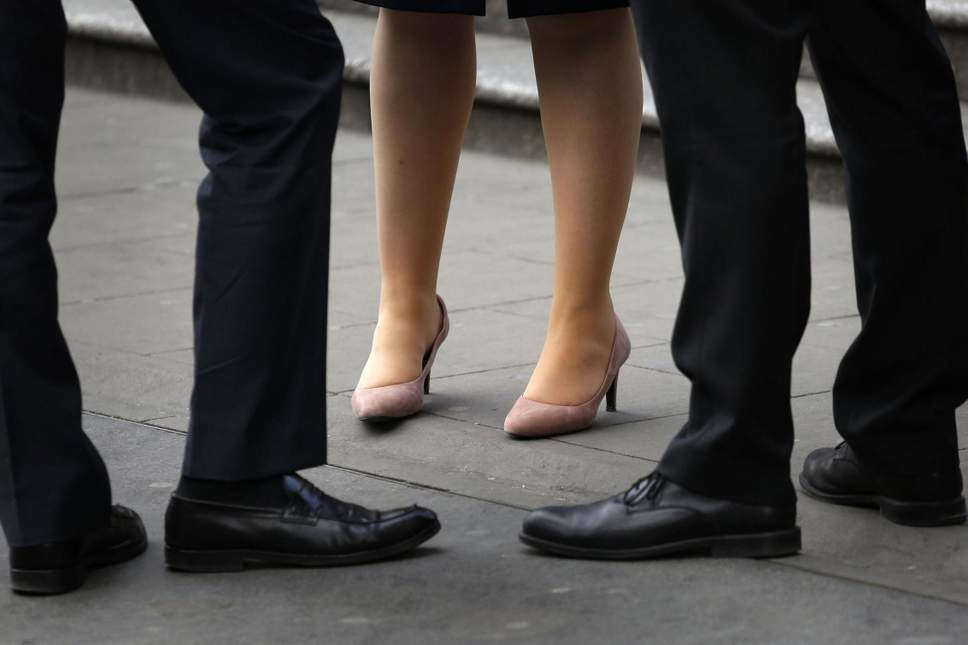The global gender pay gap is on track to close in 202 years, according to the World Economic Forum.
The Global Gender Gap Report, released Tuesday, presents new findings about equality between men and women across the globe.
The economic opportunity gap, which takes into account the differences in pay between men and women, is estimated to take 202 years to completely close.
And the overall global gender gap, which takes into account politics, work, health and education, was shown to have improved by just 0.1 percent from last year and could take 108 years to close, the report finds.
The report said “extremely slow” progress has been made this year.
The most challenging gender gaps to close, according to the report, are economic and political.
The figures in the overall gap mark a tiny improvement from last year, when the gap between the achievements and wellbeing of men and women widened for the first time in more than a decade.
Anna-Karin Jatfors, regional director for UN Women told Bloomberg: “What we’re seeing globally is that we don’t have any country that’s achieved gender equality, regardless of level of development, region or type of economy. Gender inequality is the reality around the world, and we’re seeing that in all aspects of women’s lives.”
She added that “202 years is too long a wait” for economic equity.
Iceland topped the list for the most gender-equal country, closing over 85 per cent of its overall gender gap.
Other Nordic countries follow closely behind with Norway, Sweden and Finland next on the list.
The top 10 also featured Nicaragua, which came in at fifth, Rwanda and Nambia, which came in sixth and tenth respectively.
New Zealand rose two spots to seventh place as more women entered Parliament.
The Philippines which rose two spots to number eight, largely thanks to increases in wage equality for similar work and women’s estimated earned income.
Ireland was knocked down one spot from last year but still improved gender parity for women’s earned income.
The report also identified a new sector for gender imbalance: artificial intelligence.
The gap is three times larger than in other industries, according to analysis conducted by the World Economic Forum and LinkedIn.
Jobs such as data analysts and information managers are likely to be taken up by women with AI skills, while men are more likely to land more lucrative and senior positions such as engineering heads and chief executives.
“In an era when human skills are increasingly important and complementary to technology, the world cannot afford to deprive itself of women’s talent in sectors in which talent is already scarce,” Klaus Schwab, founder and executive chairman of the WEF, told Bloomberg.
The report said the education-specific gender gap is on track to parity within the next 14 years.
The gender health gap, while slightly larger than in 2006, is nearly closed globally and is fully closed in a third of the countries assessed.
Article Credit :- Standard


Pingback: Women’s empowerment begins by removing barriers to girls’ education - SLSV - A global media & CSR consultancy network